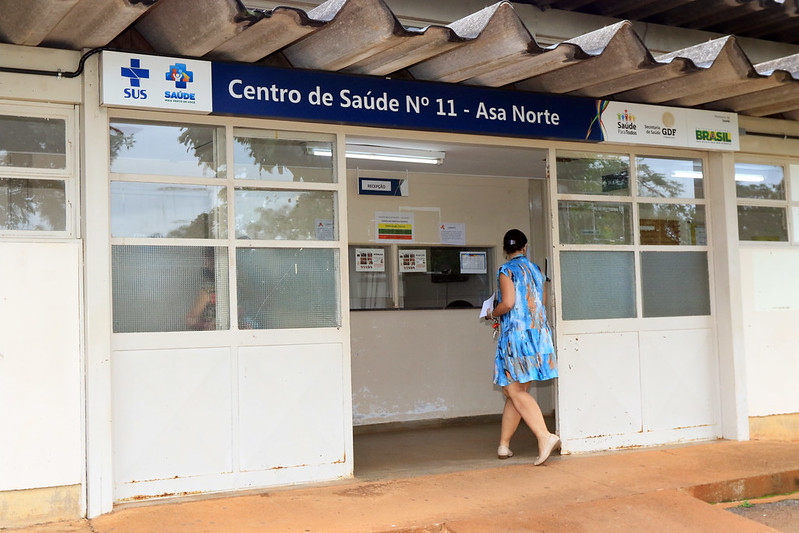HIV Prevention Drug Lenacapavir to Reach 120 Countries
 At the end of 2023, approximately 39.9 million people worldwide were living with HIV. An estimated 0.6% of adults aged 15 to 49 years globally are living with the virus. However, the impact of the epidemic varies significantly among countries and regions. Gilead’s new, affordable, twice-yearly lenacapavir (LEN) injection effectively prevents HIV, especially in women. On Oct. 2, 2024, the company announced licensing agreements to offer the drug at lower costs in 120 “high-incidence, low-income” countries. The World Health Organization (WHO) described this development as a significant advancement in combating the life-threatening disease, which affects roughly half its victims as women, predominantly in sub-Saharan Africa.
At the end of 2023, approximately 39.9 million people worldwide were living with HIV. An estimated 0.6% of adults aged 15 to 49 years globally are living with the virus. However, the impact of the epidemic varies significantly among countries and regions. Gilead’s new, affordable, twice-yearly lenacapavir (LEN) injection effectively prevents HIV, especially in women. On Oct. 2, 2024, the company announced licensing agreements to offer the drug at lower costs in 120 “high-incidence, low-income” countries. The World Health Organization (WHO) described this development as a significant advancement in combating the life-threatening disease, which affects roughly half its victims as women, predominantly in sub-Saharan Africa.
HIV Prevention Drug Lenacapavir
Lenacapavir is a long-acting injectable that provides pre-exposure prophylaxis (PrEP) to reduce the risk of contracting HIV. Earlier this year, a study in South Africa and Uganda revealed the drug’s high efficacy in preventing HIV among HIV-negative girls and women. Furthermore, another trial involving men in Argentina, Brazil, Mexico, Peru, South Africa, Thailand and the United States (U.S.) demonstrated nearly complete protection. Indeed, in the lenacapavir group tested, among women, there were no new cases of HIV infection and the trials revealed no significant safety concerns.
Pressure on Gilead from World Leaders
Following the publication of these findings, Gilead faced pressure from the People’s Medicines Alliance along with a group of 300 world leaders, celebrities, scientists and activists to make the drug available in middle- and low-income countries simultaneously as people in wealthier nations. Among the signatories were actors Gillian Anderson, Stephen Fry, Sharon Stone and Alan Cumming; former heads of state; and Francoise Barré-Sinoussi, a Nobel-winning scientist. In a letter addressed to the Gilead CEO Daniel O’Day, they pushed the company to open the license up to poorer nations immediately. Furthermore, they expressed their hope that the “groundbreaking” development could make “radically positive change for people facing stigma.”
HIV in Low-Income Countries
Gilead is prioritizing the registration of LEN in the 18 countries with the highest HIV incidence rates, in Sub-Saharan Africa and South-East Asia. These high rates stem from inadequate domestic and international funding, with natural disasters and regional conflicts complicating governments’ HIV response efforts. HIV prevalence is higher in specific population groups, including men who have sex with men, which fuels stigma around the disease. However, global efforts to increase treatment accessibility have yielded substantial progress over the past two decades. Currently, 29.8 million of the 39 million people living with HIV are receiving treatment. Indeed, this is a significant increase from 7.7 million in 2010.
Looking Ahead
In response to these promising findings, the WHO has announced it is actively developing guidelines in collaboration with experts and global partners to ensure an affordable supply and equal access to the drug. New pharmaceutical developments are emerging rapidly. HIV prevention drug lenacapavir presents a hopeful method of combating the disease in high-risk countries.
– Hannah Dunford
Hannah is based in Edinburgh, Scotland and focuses on Global Health and Politics for The Borgen Project.
Photo: Flickr
